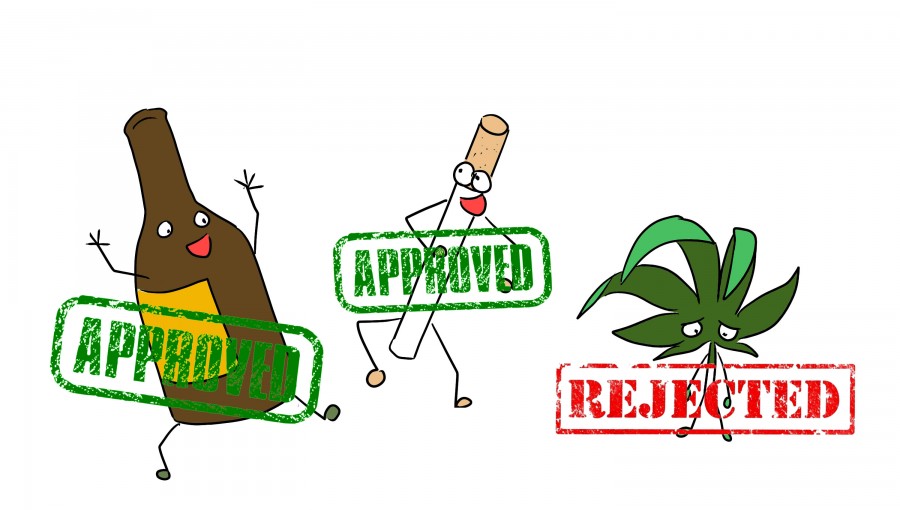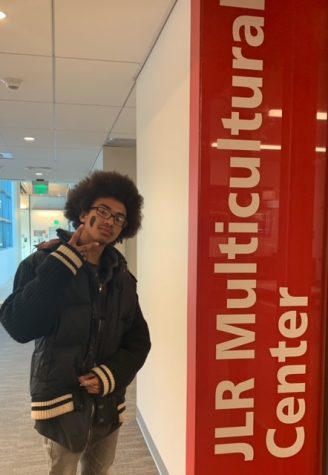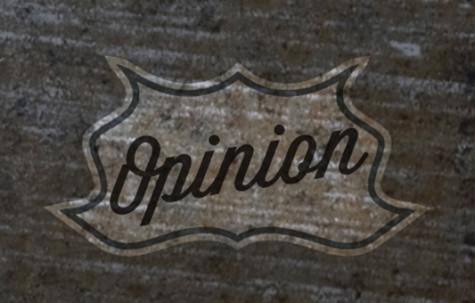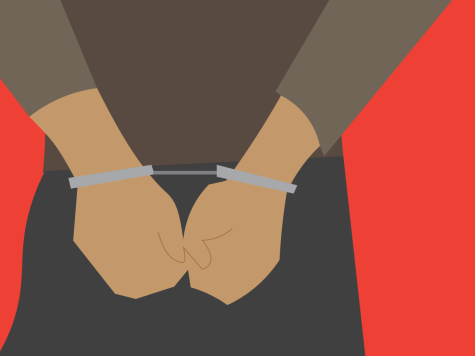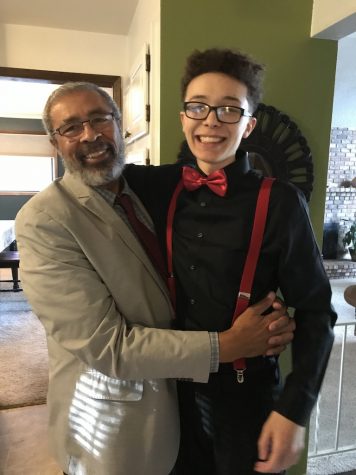Legal marijuana still finding its way
With cannabis still federally illegal, workplace requirements cause irritation
January 27, 2016
On July 8, 2014, recreational marijuana sales became legal in Washington state in accordance with Initiative 502. Along with Colorado, this was the first statewide legalization of marijuana. Alaska and Oregon have followed suit in subsequent years.
On the federal level, however, pot is still illegal, which complicates its true legality in these states. This became a complication in my life earlier this month when I was required to take a drug test.
Drug use is not a major component of my life and abstaining from getting stoned for a few weeks in order to get a job was not a terribly difficult task. But I should not have to when living in a state with legal recreational use.
If weed is legalized then why am I being tested for it?
This new industry is taxed by the state and regulated by the Washington State Liquor and Cannabis Control Board, much the way alcohol is. But the stigma and standards that run the marijuana business are very different.
When I took that drug test I could have had a drink and smoked a cigarette before walking in the door, and that would not have registered a result that would prevent me from garnering a job. At the very least, both of those intoxicants are just as detrimental to my health as cannabis.
Not to mention regulated and taxed by the same institutions.
These discrepancies become evident when signing lease agreements and taking drug tests, as well as in the lack of designated public areas for marijuana consumption.
The supremacy clause of the constitution grants federal law precedent over state law, which is part of the reason for the complications with I-502. Most employment institutions and leasing agencies prefer to adhere to the federal statute in order to cover their own asses. Expecting these institutions to disregard the supremacy clause and adhere only to state regulation is sadly unrealistic.
But the people of this state have followed the system as it was designed to operate and they should not be fearful of losing their jobs or homes because of federal intervention.
The final discrepancy I mention is that of pot use in the general public. In order for legality to remain it is important to follow the standards that prevent minors easy access to weed. With that being said, there needs to be places in public, much like a bar, where recreational marijuana use is permitted.
Sure, marijuana is legal on paper in Washington, but for cannabis to truly be legal it needs to be treated similarly to alcohol in order to clear up much of the confusion and frustration over this newly-legal industry.



